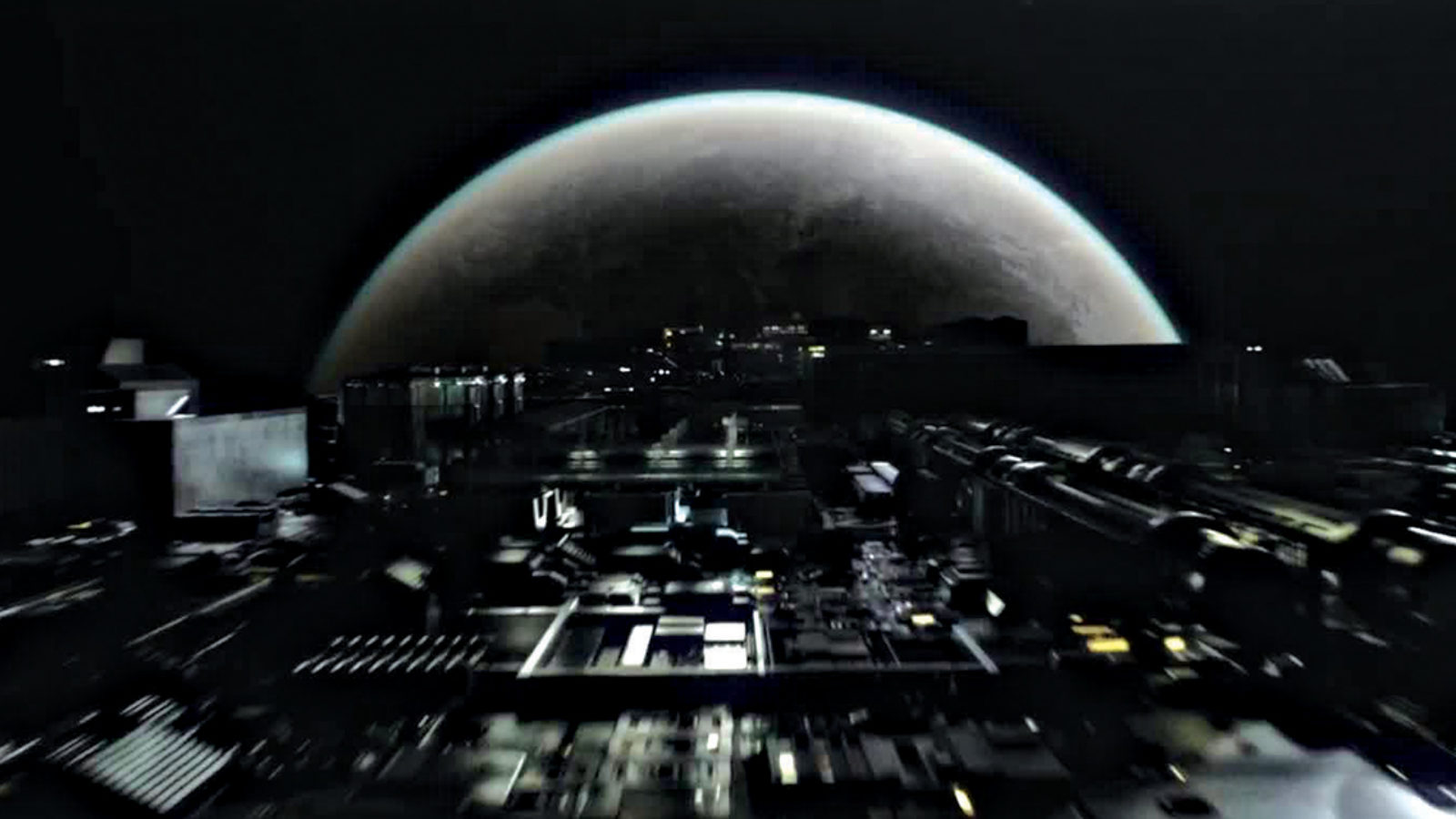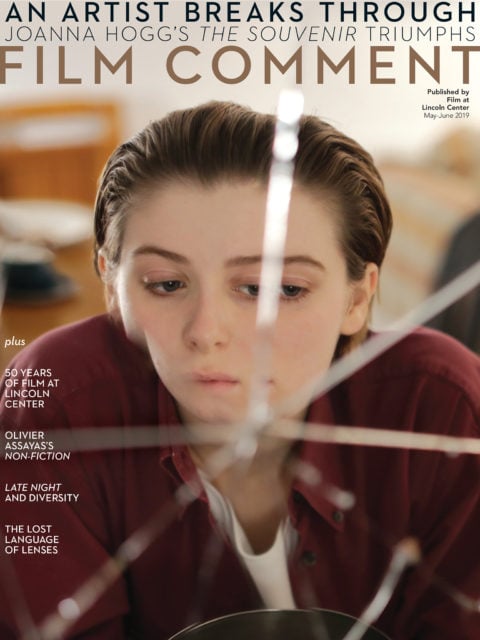
Short Take: Aniara
Air travel doesn’t get any better in the future according to the doomed-spaceship drama Aniara, and in fact, a bad flight will be incalculably worse. When a Death Star–sized ferry gets knocked off course from Earth to Mars in Pella Kågerman and Hugo Lilja’s thought experiment, it emerges that the new route is nothing less than a death sentence (a fate recently explored in Claire Denis’s High Life as well). What are hundreds of stranded travelers to do, when food, supplies, sanity, and first principles are all sure to run out?

For one thing, there’s the in-house fantasy chamber of oblivion, a room where increasing numbers of passengers lie down and abandon reality under the watchful guidance of a sandman-like supercomputer. Envisioning a clean-but-getting-filthy Scandinavian environment, the filmmakers intriguingly focus on the room’s attendant, MR (Emelie Jonsson), and her ethical challenges amid mass hysteria as well as her relationship with another woman on the craft. The ship’s captain (who doubles as a political metaphor) conceals the depths of the ship’s problems as a matter of corporate routine and incompetence.
The sense of crisis as lifestyle may resonate with many Earthlings who feel condemned in space already, thanks to a climate-changed future out of our control. Before we all get too self-pitying, though, Kågerman and Lilja cap their story with a mighty coup de grace: a nearly absurdist eons-later coda that puts the ship and its literally lost humanity in brute perspective.
Nicolas Rapold is the editor-in-chief of Film Comment and hosts The Film Comment Podcast.







